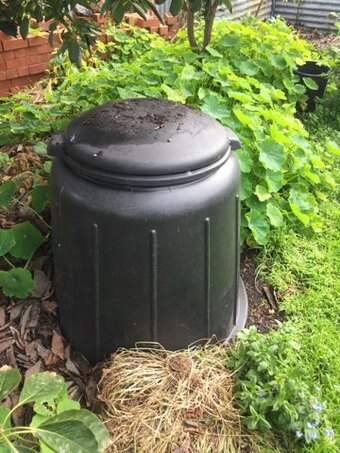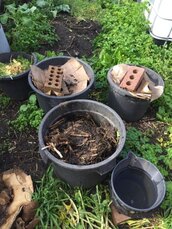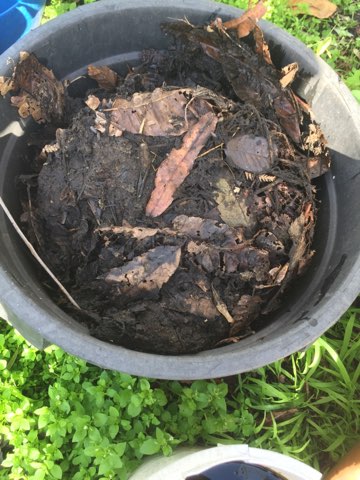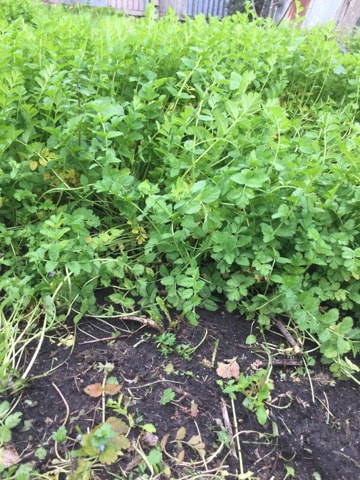 The traditional compost bin can be slow going.
The traditional compost bin can be slow going. By John Coldebella
I WAS surprised to learn from Dr Google that the word compost has its origins in the Latin words composita, compositum and componere which mean something put together.
It makes sense when I consider that many different kinds of vegetable matter can be combined to produce this source of soil enrichment, but up until now, I regarded it as something broken down by decay, or decomposition
There are various commercially available bins to contain this process, some freestanding and others suspended for easy rotation and mixing. I have a freestanding compost bin but I find it a tedious process to effectively turn the contents. So I tend to fill it, top it up and then leave it for up to a year.
I WAS surprised to learn from Dr Google that the word compost has its origins in the Latin words composita, compositum and componere which mean something put together.
It makes sense when I consider that many different kinds of vegetable matter can be combined to produce this source of soil enrichment, but up until now, I regarded it as something broken down by decay, or decomposition
There are various commercially available bins to contain this process, some freestanding and others suspended for easy rotation and mixing. I have a freestanding compost bin but I find it a tedious process to effectively turn the contents. So I tend to fill it, top it up and then leave it for up to a year.
I prefer to use 15-inch plant pots which I find easier to turn. After filling a pot with weeds and adding water to assist the rotting process, I wait for a few weeks and then tip the contents of the pot into another empty one. Before long, there is only half a pot of vegetable matter and so I add another half pot that has been rotting for the same length of time. By now the process of decomposition is well under way.
| At this point, I put a cardboard lid on the pot and let the contents stew. After a month or so, I again tip the contents into another empty pot. By now, worms have caught on to what's happening and have become involved in the process. The cardboard lid affords them some protection from heavy rains. If left for long enough, the contents of the pots turn into a fine rich soil, not unlike what is produced in a worm farm. This method of composting is slower than using a rotating bin but I'm not in a hurry. After the summer vegetables have gone past their time, the remnants of their plants are put into pots and by winter the compost can be used for winter vegetables. Throughout the autumn and winter, weeds and leaves make up the ingredients. In the spring, weeds grow even more rapidly. At the moment, there is an abundance of swede leaves and stalks, carrot leaves, stinging nettle, and a large crop of a leafy weed whose name I don't know awaiting harvest in the chook yard. All of this will be composted and ready to dig in by November. The method employed by my late father simply involved throwing everything against the corrugated iron fence of the chook pen, adding to it as more material became available. Without ever turning it, he would return to it some months later and dig it in to his beds before planting. Lawn clippings left in a pile with the addition of clippings of subsequent mowing will also turn into compost after a few months without the need of turning if water is added or if they get enough rain. I don't use vegetable peelings and food scraps in the compost. They go to the chooks who convert them into poo which makes an excellent solid or liquid fertiliser. I also use the half broken down contents of the pots to put into my worm farms. With the process of decomposition already begun, the contents are more easily digestible for the worms. The worm farm also provides some liquid fertiliser. With the first stone fruit blossom appearing, the growing season is upon us again. Time to plant some potatoes! |


